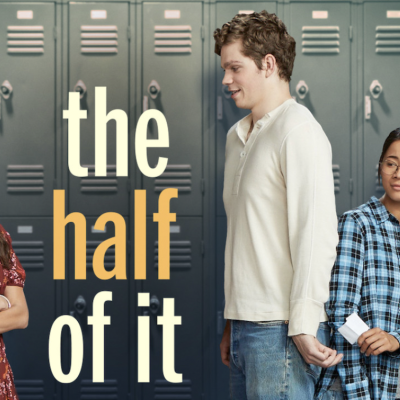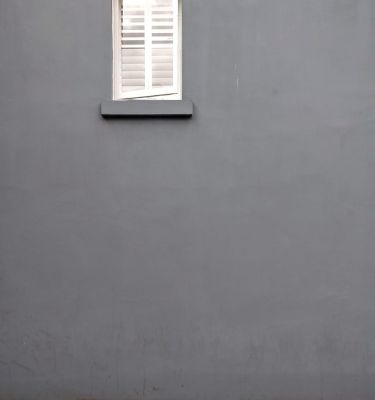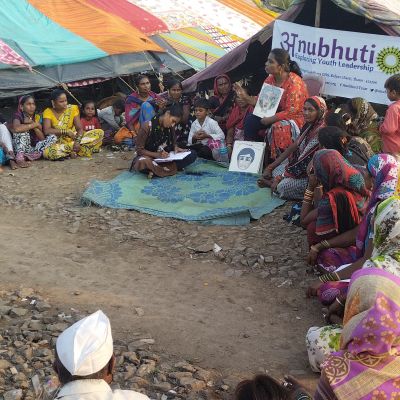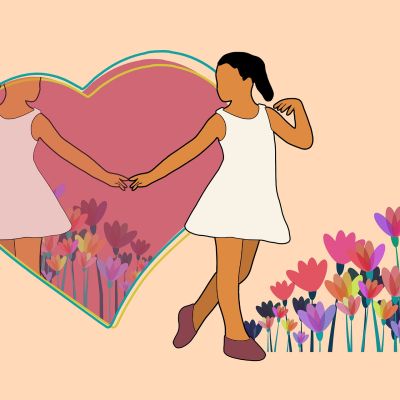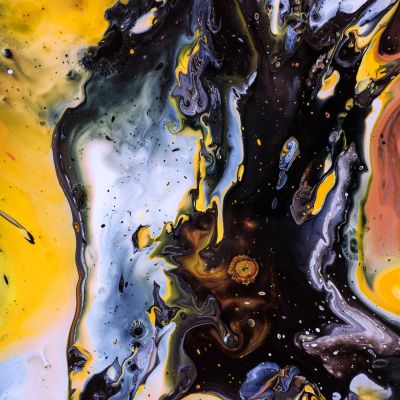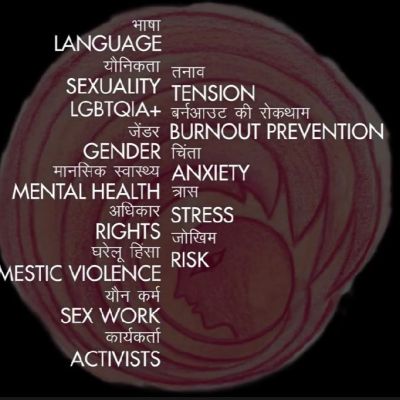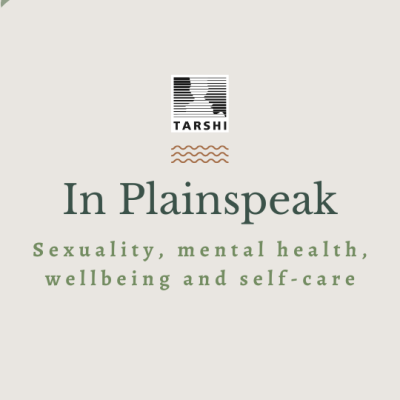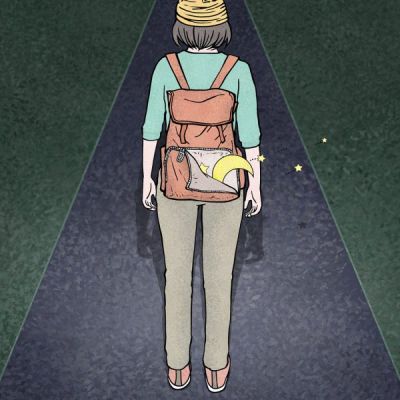Mental Health
Who is this that works my hand?
Who is this that moves my pen?
Touch is a beetle creeping on this foreign thing
That wears my body like an evening.
Self-care is influenced by the environment we inhabit, the way we relate to others, the way we negotiate with other living beings or structures. Self-care is also interlinked with other types of care – whether that is in community resources, psychosocial support, engagement with medical and health care institutions, and of course in collective agency and solidarity.
The Half of It is beautiful because it brings out the insecurities of teenagers who want to fit in with the world around them and are confused about their feelings which might be the diametrical opposite of what is socially expected.
If sharing was a proverbial coin at the rehabilitation facility, connections were one side of it, and sexuality was the other. Men and women were not allowed to touch one another – no handshakes or hugs or an eager slap on the back.
The connection between mental and emotional wellbeing and stigmatised identities is perhaps most easily understood and therefore a good entry…
“It is no measure of health to be well adjusted to a profoundly sick society.” — J. Krishnamurti Sexuality for…
A few days ago, in a telephonic conversation with my mother, I was made aware of the inadequacies of my…
We need to recognise that mental health stressors that queer people face are not because something is inherently wrong with them.
Deepa Pawar is the Managing Trustee & Founder Director of Anubhuti Trust, and is well-known for her work with NT-DNT…
I distinctly remember an adult male member of my extended family saying, “Cover up your chest with a dupatta. You…
My foray of offering support in both the fields of sexual wellness and mental health was unplanned to say the…
Conversations about stress, burnout and mental health have gained prominence, especially during and since the COVID-19 pandemic. But, what is stress and burnout?
The intricate connections between sexuality, mental health, wellbeing, and self-care have been some of the core themes that In Plainspeak…
We are led to question what ‘safety’ really is: Will it be guaranteed by going gently, if at all, into that good night? Is it at all possible to freely and safely explore who we are and the world in which we live?
The desire for intimacy might rob one of the intimacy that one shares with oneself and thus, being with the beloved can leave one feeling even lonelier because of the continuing struggle for validation and comfort.



